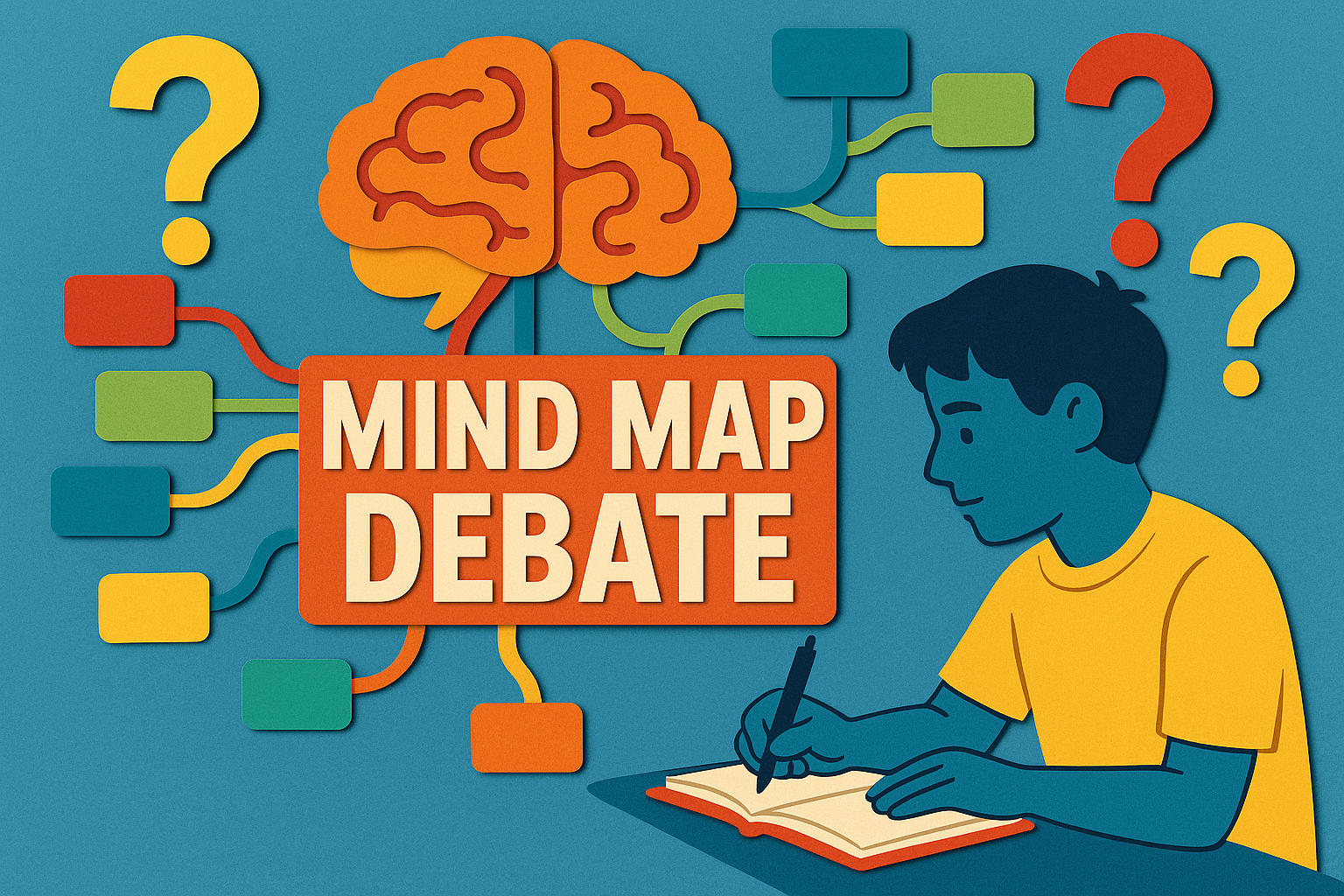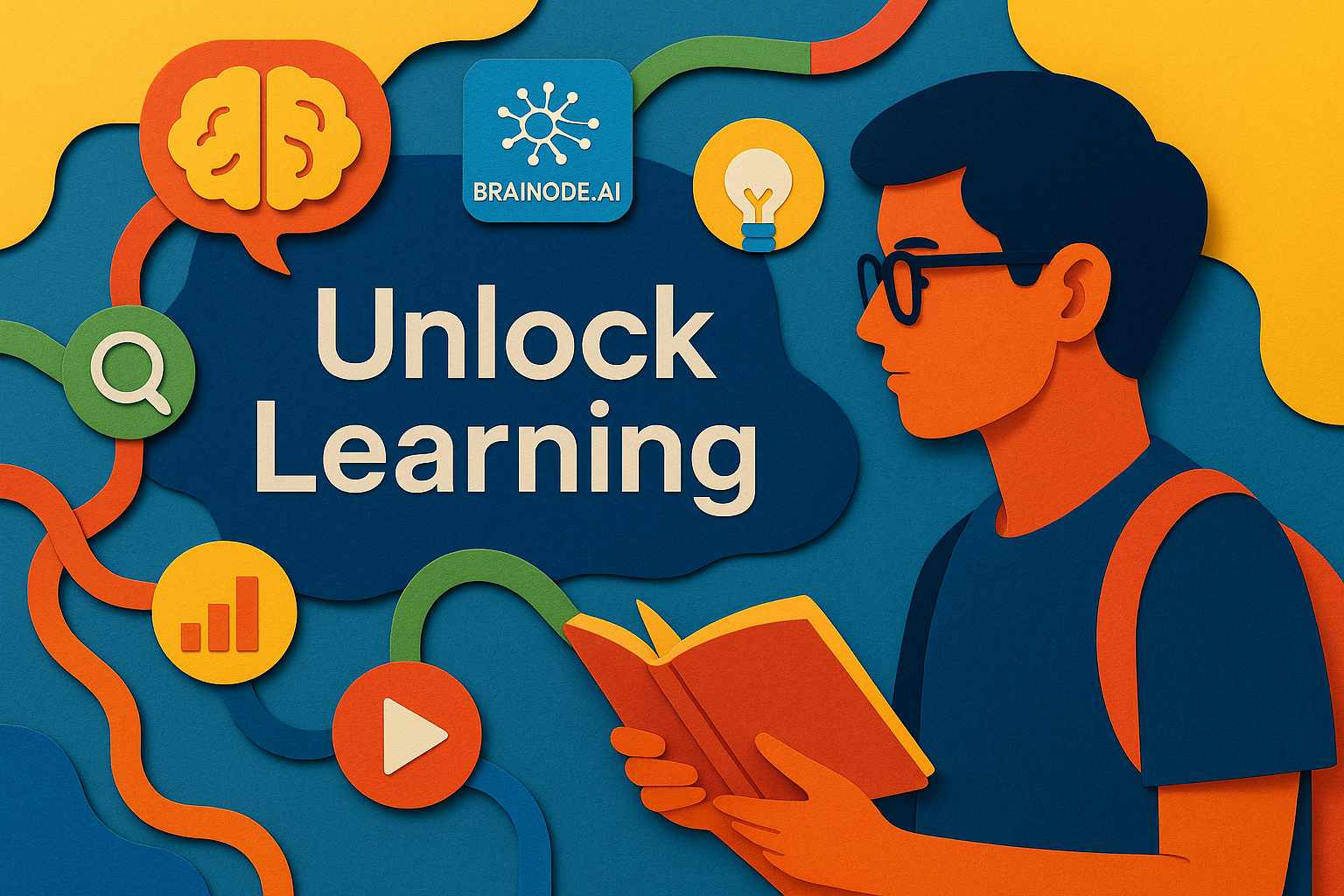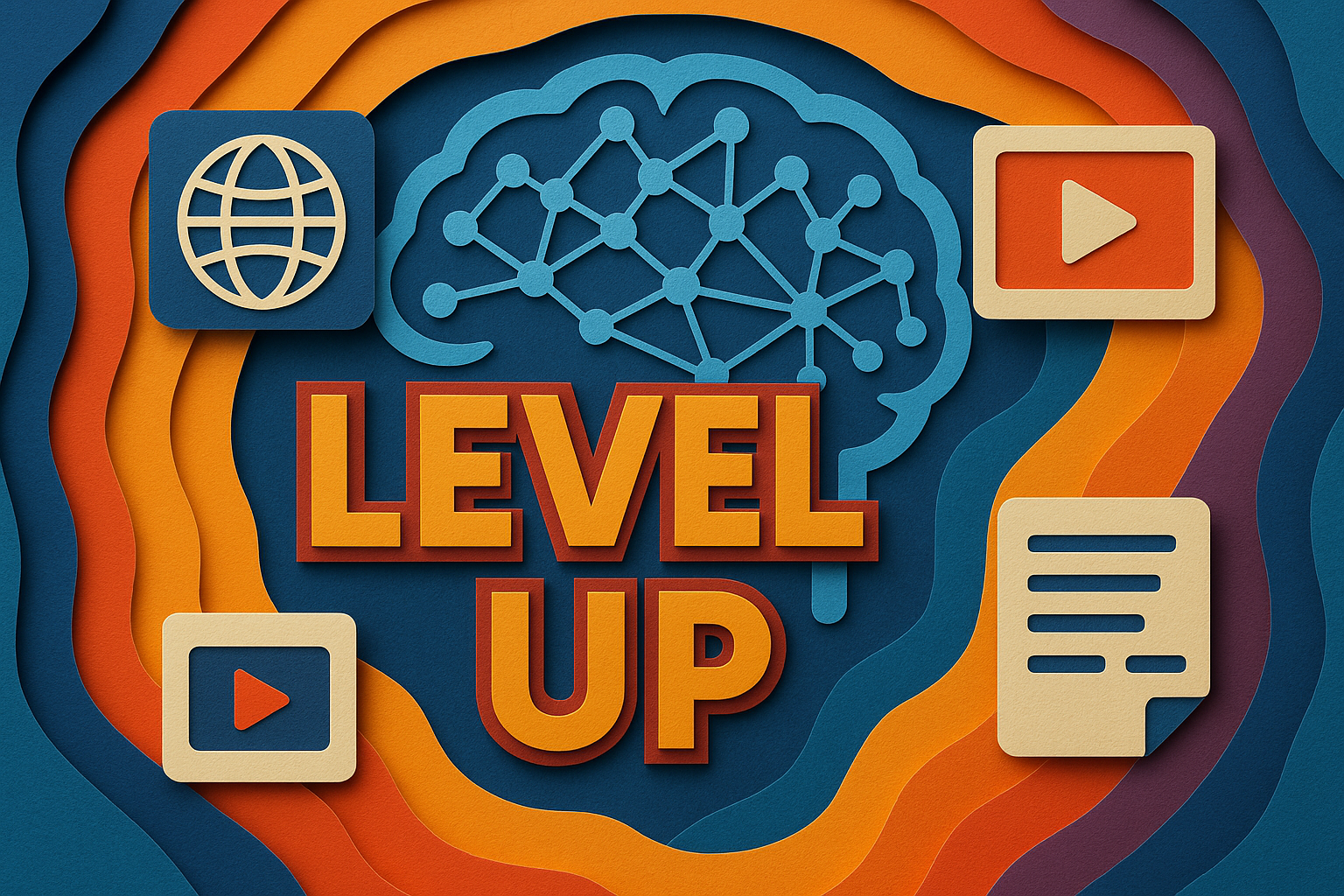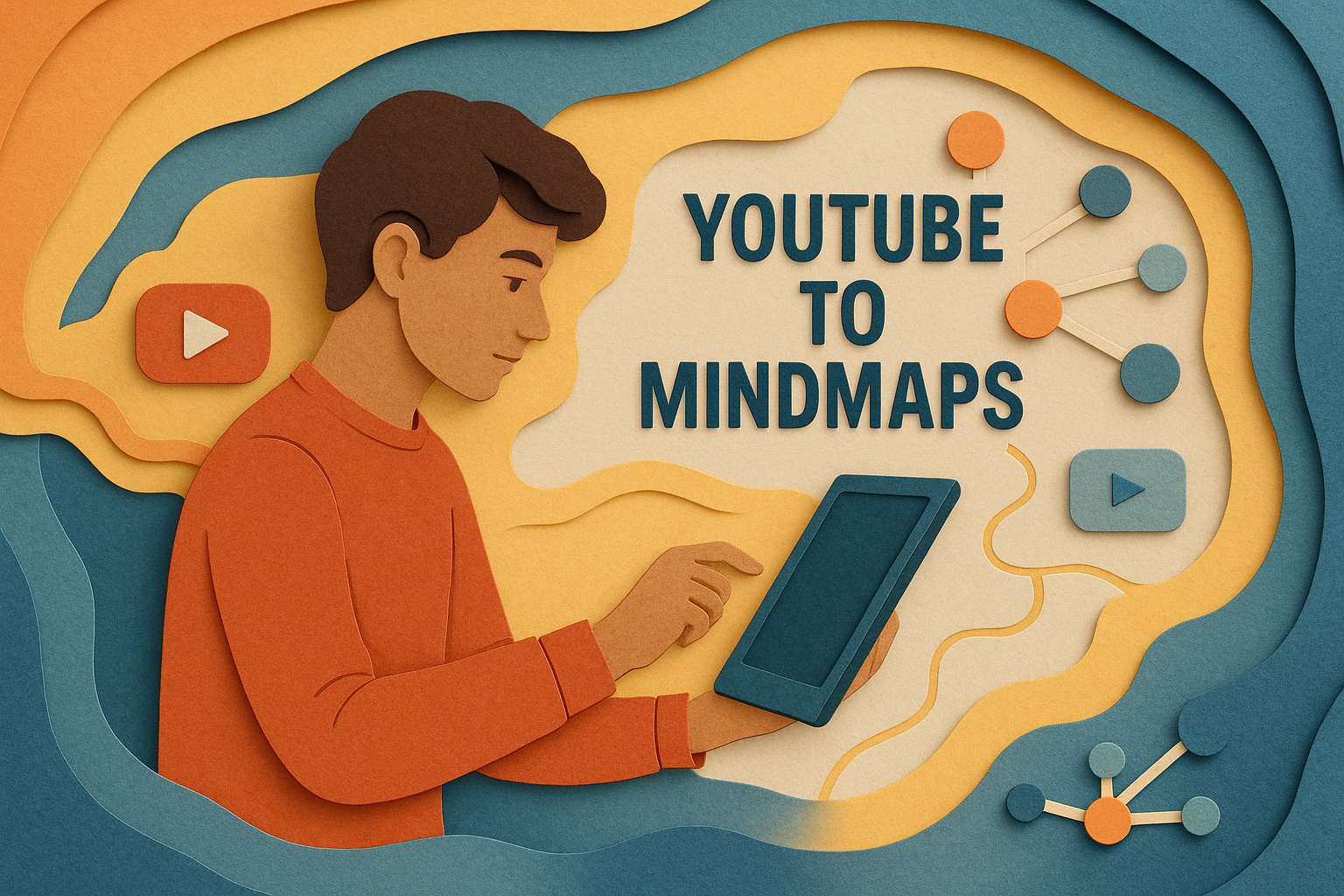Are Mind Maps a Waste of Time? Discover the Truth About Effective Study Techniques

Are Mind Maps a Waste of Time? Discover the Truth About Effective Study Techniques
When it comes to preparing for exams and mastering new concepts, students often ask: "Are mind maps a waste of time?" Many learners rely on traditional note-taking methods or even re-writing main points on big pieces of paper. But is creating mind maps truly an efficient way to study, or is it an unnecessary distraction? In this comprehensive guide, we’ll explore the benefits of mind maps, how to use them effectively, and whether they fit into your study routine for maximum success.
Understanding Mind Maps: What Are They?
Mind maps are visual tools that help organize information hierarchically, connecting main ideas with related subtopics through branches. They resemble a spiderweb of ideas, making complex information easier to understand and remember. Many students use mind maps as a way to synthesize their notes, brainstorm ideas, or review material before exams.
The Common Study Approach and Its Limitations
Many students, like you, tend to write down main points and explanations on large sheets of paper, aiming to understand the material better. This method is similar to mind mapping but often involves linear notes or simple summaries. While effective to some extent, this approach can sometimes lead to overthinking, overwhelm, and inefficient use of study time.
Are Mind Maps a Waste of Time? The Evidence Says No
Research and experienced learners agree that mind maps are far from a waste of time. In fact, they can significantly enhance your study efficiency when used correctly. Unlike passive re-reading or copying notes linearly, mind maps promote active engagement with the material, encouraging you to process and organize information visually. This process helps strengthen memory and understanding.
"Mindmaps are a powerful tool to manage cognitive load and improve information retention, especially when paired with active recall techniques."
How to Use Mind Maps Effectively During Your Study Routine
1. Integrate Mind Maps with Active Recall
Creating a mind map is just one step. Pair it with retrieval practice—testing yourself without looking at notes—to reinforce learning. This combination ensures you're not just passively reviewing but actively recalling information, which is proven to boost long-term retention.
2. When Should You Create Mind Maps?
Decide whether to make mind maps during initial learning or during review sessions. Many students find it effective to create a mind map after they've gone through the material once, as it helps consolidate knowledge and identify gaps. Alternatively, use mind maps as a quick review tool before exams.
3. Keep Your Mind Maps Clear and Focused
A cluttered mind map can lead to overwhelm, defeating its purpose. Use colors, images, and concise keywords to make your maps engaging and easy to interpret. Remember, simplicity often leads to better understanding.
Practical Tips to Maximize Your Study Efficiency
Combine tools: Use mind maps alongside flashcards, quizzes, and practice tests.
Limit overthinking: Don’t aim for perfection in your mind maps. Focus on clarity and key concepts.
Leverage online resources: Check out YouTube channels like Zain Asif, Dr. Justin Sung, and Archer Newton for tutorials on creating effective mind maps.
Use AI tools like Brainode.ai to generate and organize mind maps automatically, saving time and effort.
Final Thoughts: Are Mind Maps Worth Your Time?
Absolutely. When used correctly, mind maps are a powerful study technique that can transform your learning process. They help manage cognitive load, facilitate understanding, and improve memory retention. Remember, they are just one tool in your study toolbox—pair them with active recall, spaced repetition, and other effective methods for best results.
Take Action Today!
If you're serious about maximizing your study efficiency, start experimenting with mind maps today. Create your first mind map after your next lesson or chapter, and see how it enhances your understanding. Try AI-powered tools like brainode.ai to streamline your mind mapping process.
Remember, effective studying isn’t about working harder, but working smarter. Incorporate mind maps into your routine and watch your exam preparation improve significantly!
Transform Your Ideas into
Beautiful Mind Maps
Unleash your creativity with our AI-powered mind mapping tool. Create stunning visual maps, organize your thoughts, and collaborate seamlessly with your team.


